│By Nonkoliso Tshiki, Gale Ambassador at the University of Johannesburg│
Do you find writing for academic purposes challenging? I did too. However, I have recently discovered and started implementing a new and exciting trick to improve my writing skills, which also ignites greater interest in my writing. I write short essays about topics which I come across and find interesting. For instance, when I was going through lecture notes about writing a research proposal a couple of months ago, I stumbled upon an article exploring the evolution of global fashion trends between 1945-1965, and I thought to myself, “this is quite interesting, I would like to know more about this topic!” Then all I needed was a research database that offers accredited, valuable and interesting sources. Luckily for me, I did not have to look too far because, as a Gale Ambassador, Gale Primary Sources is one of my very first go-to and most favourable research databases. Thus, the following blog post uses Gale Primary Sources to explore some of the fashion trends that made fashion headlines 1945-1965.

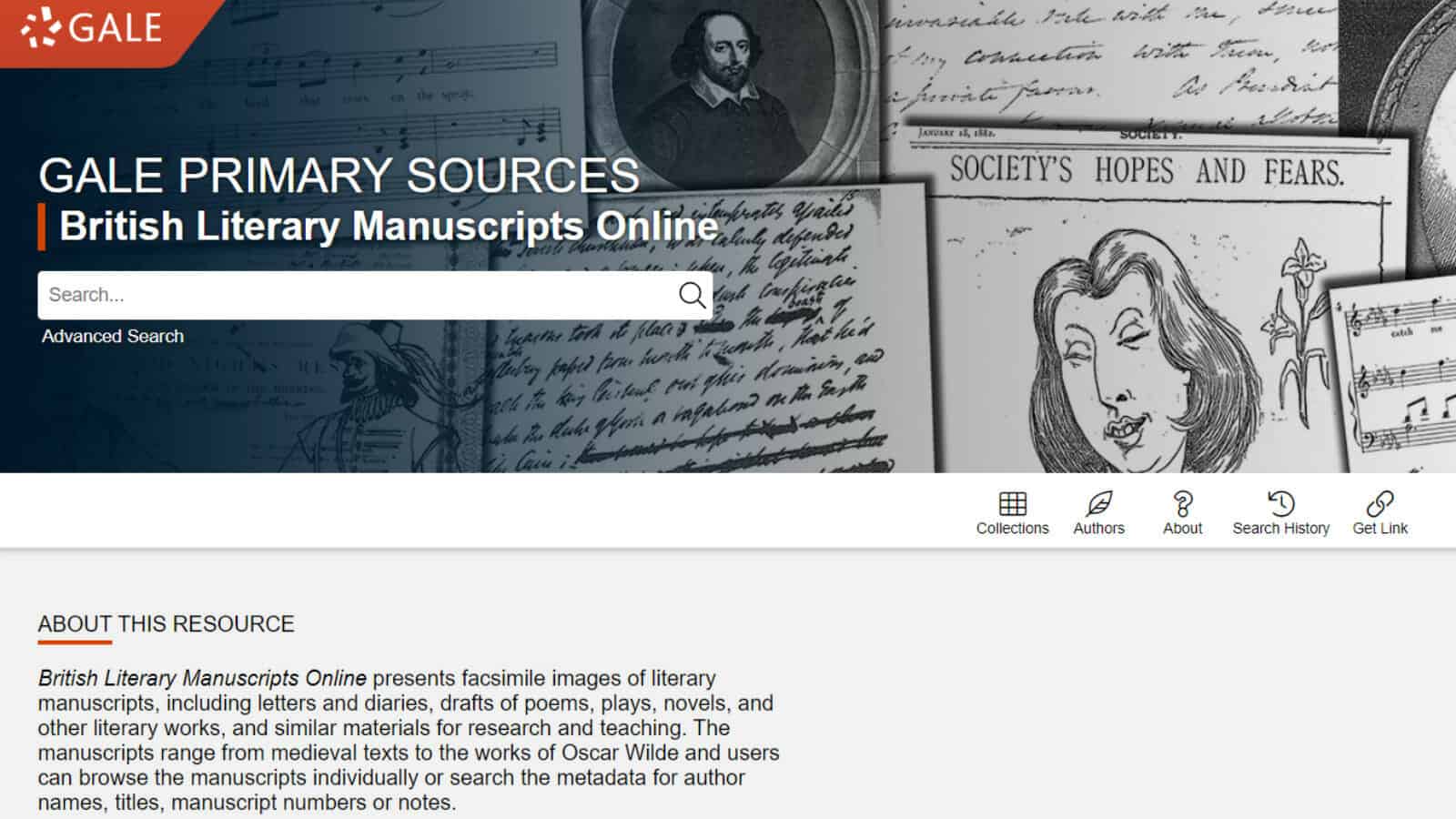
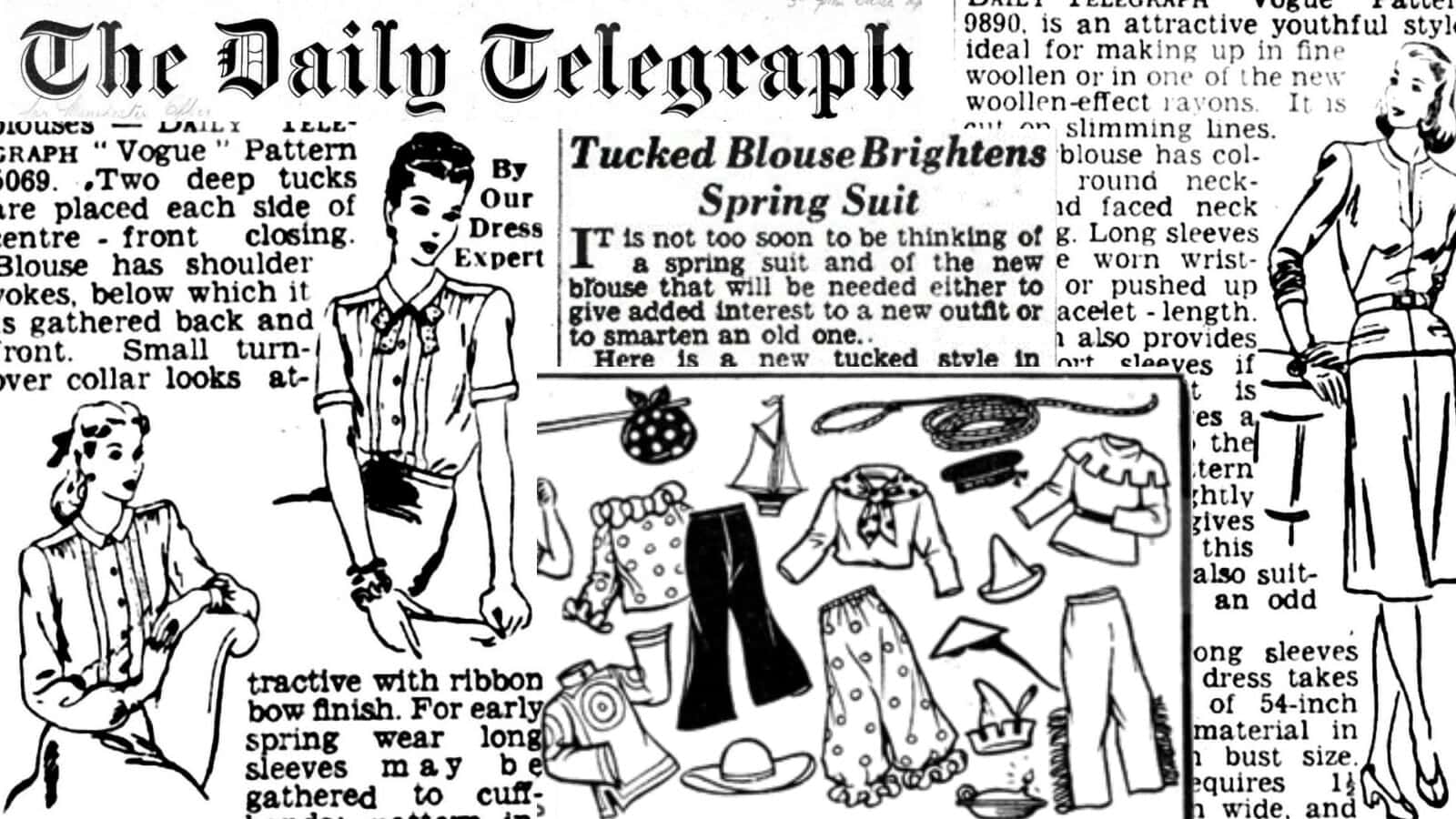
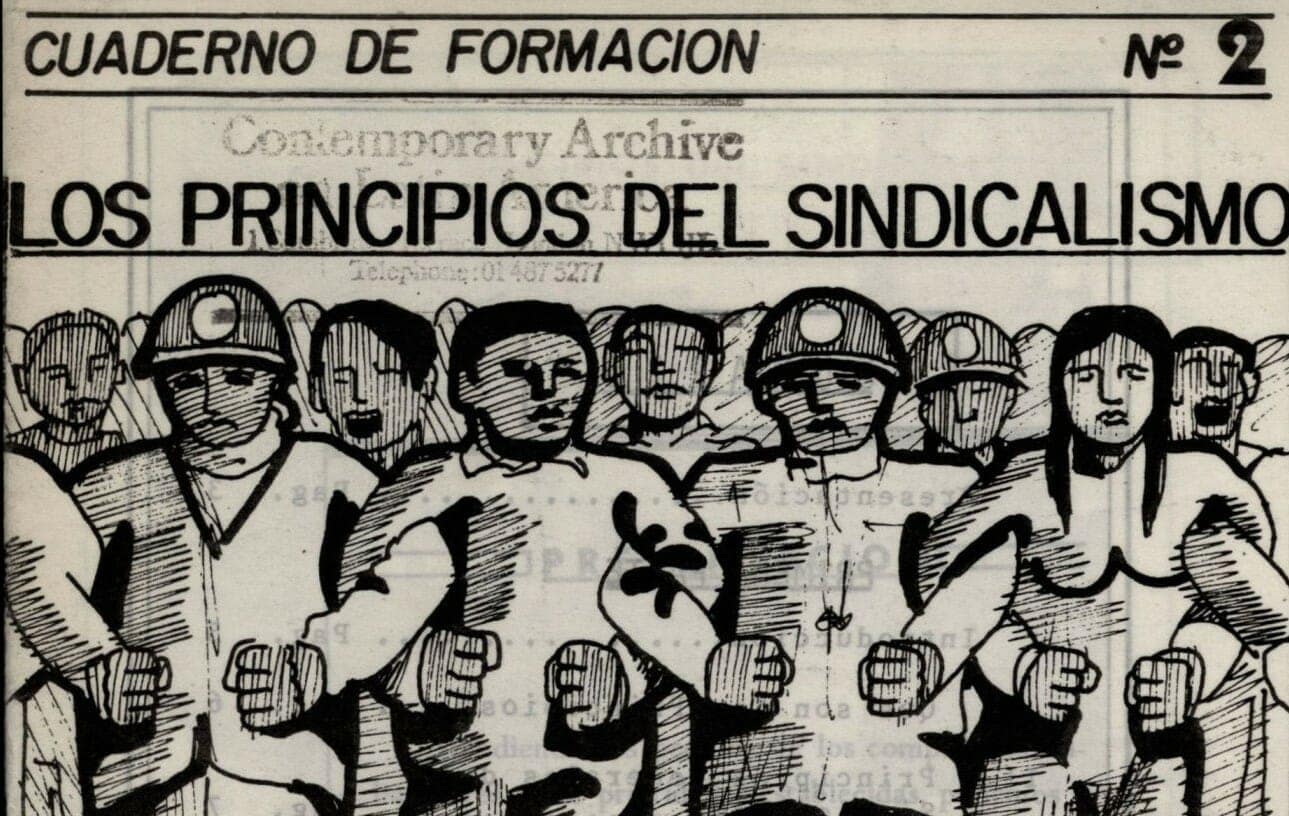
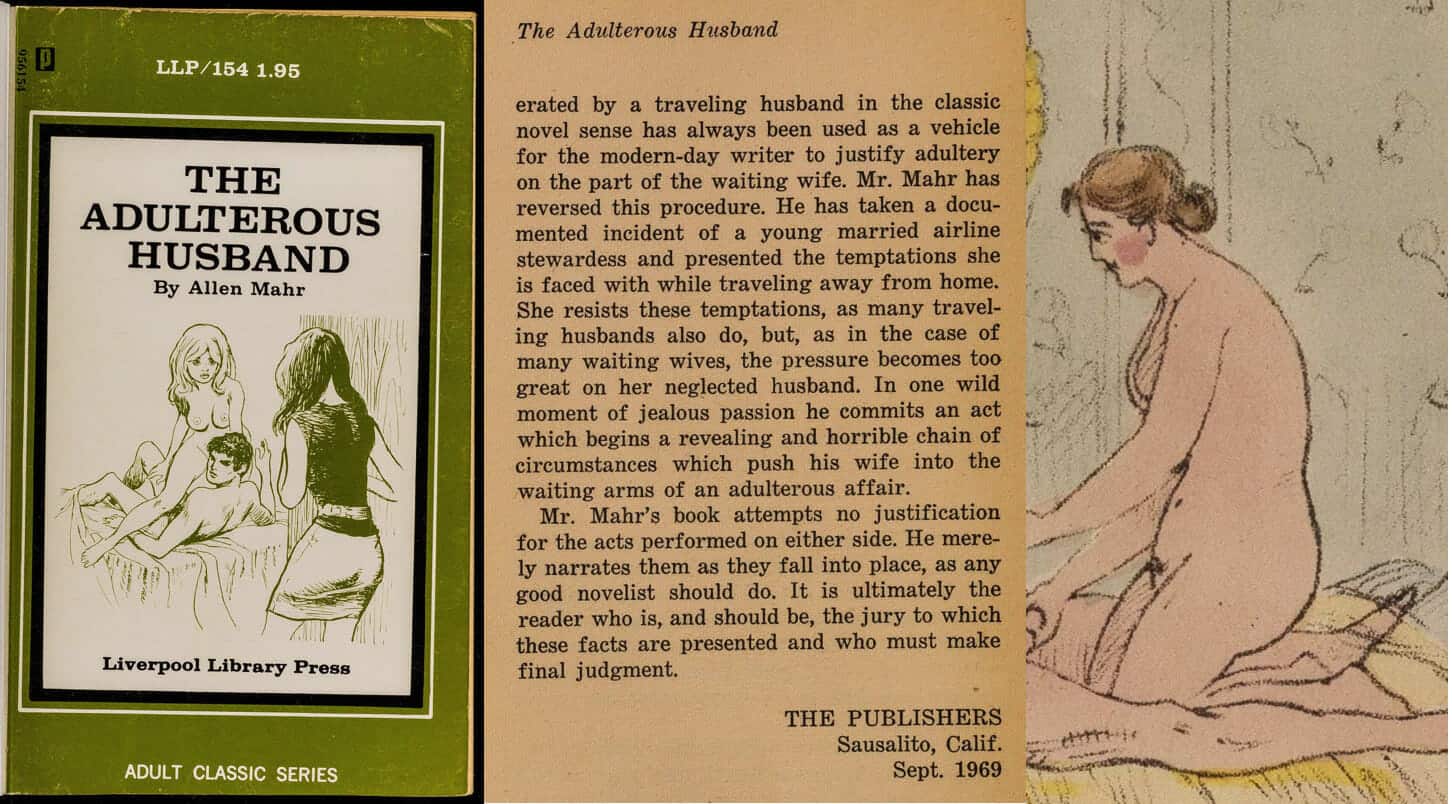
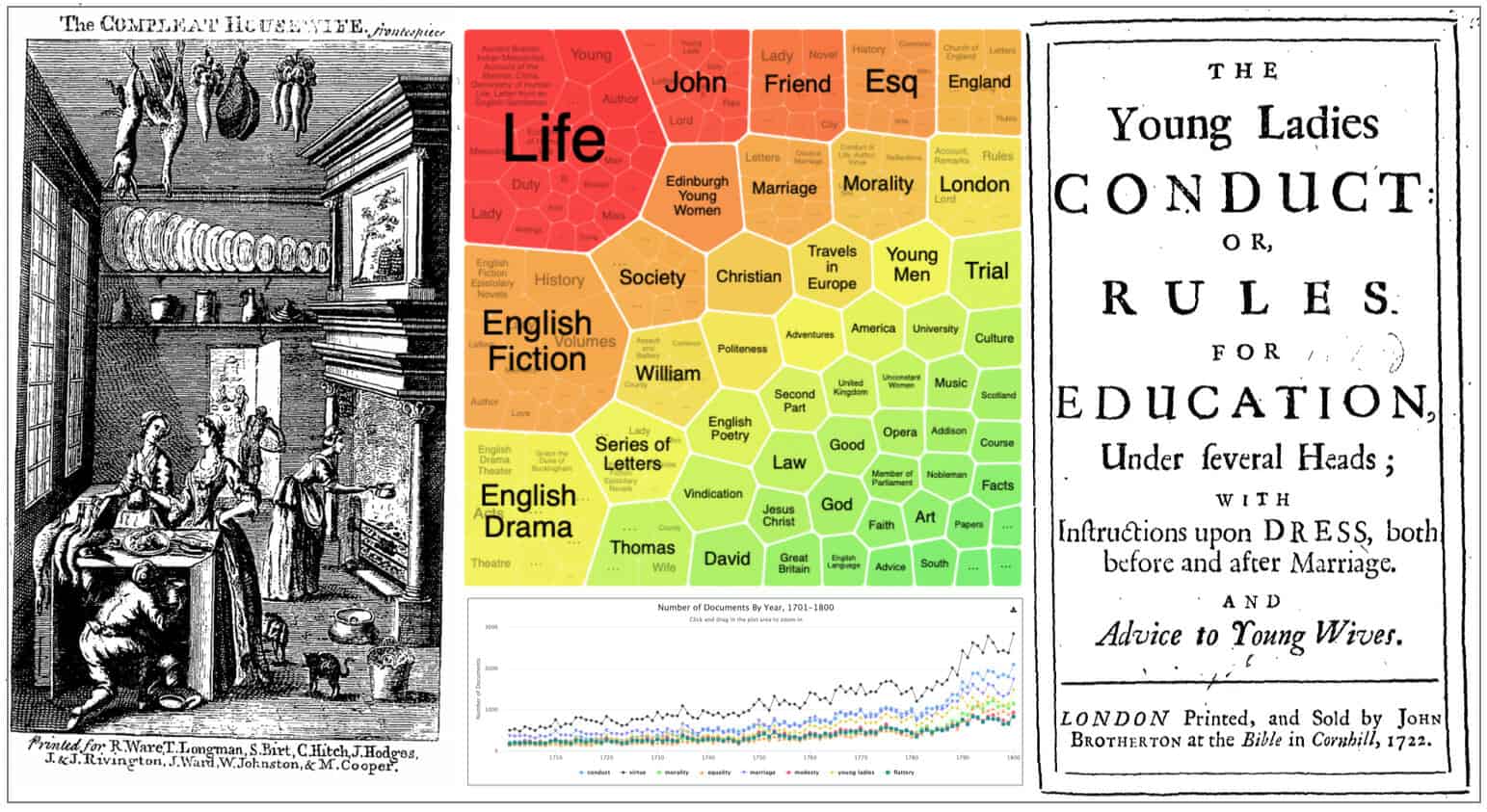
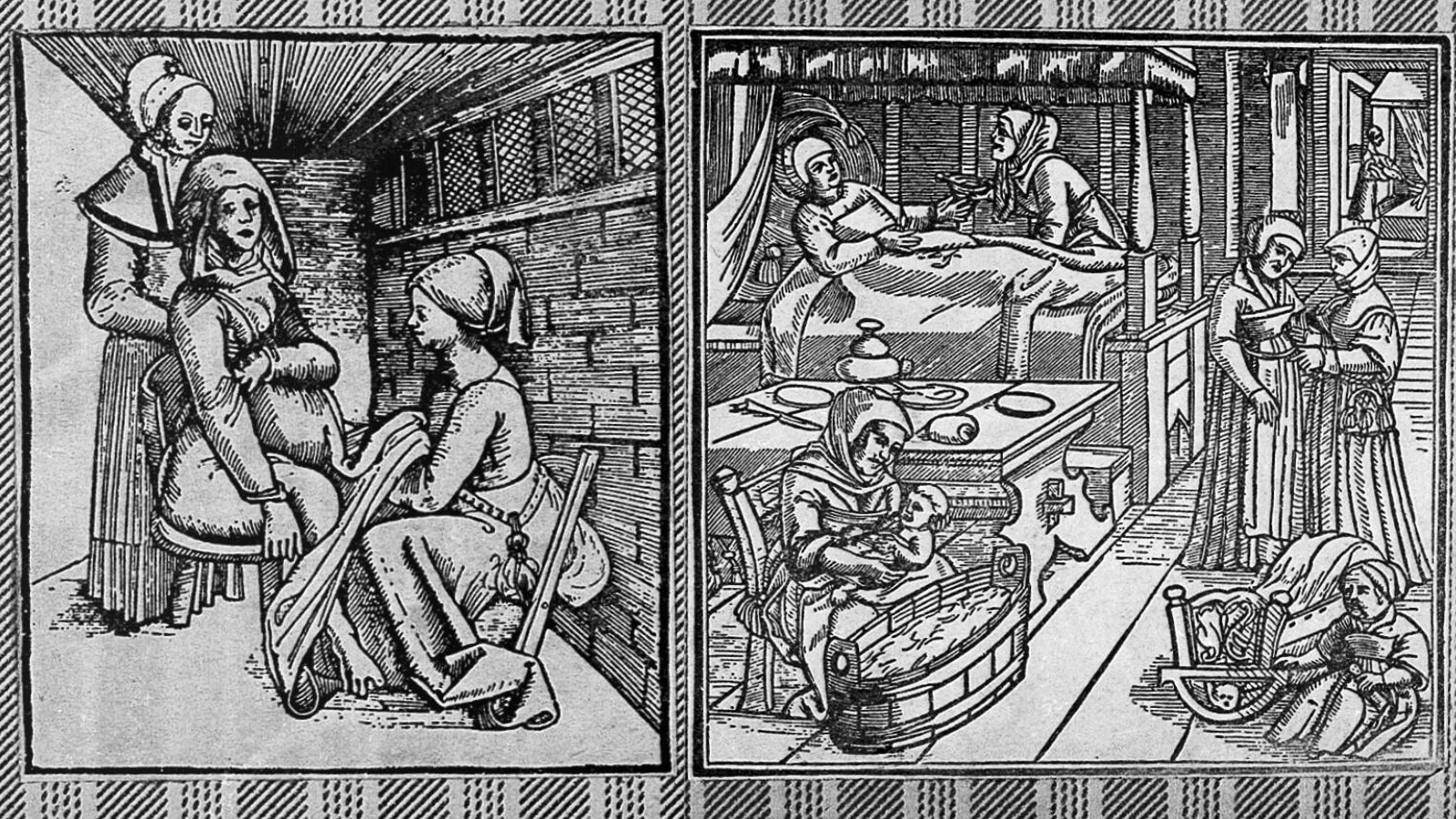
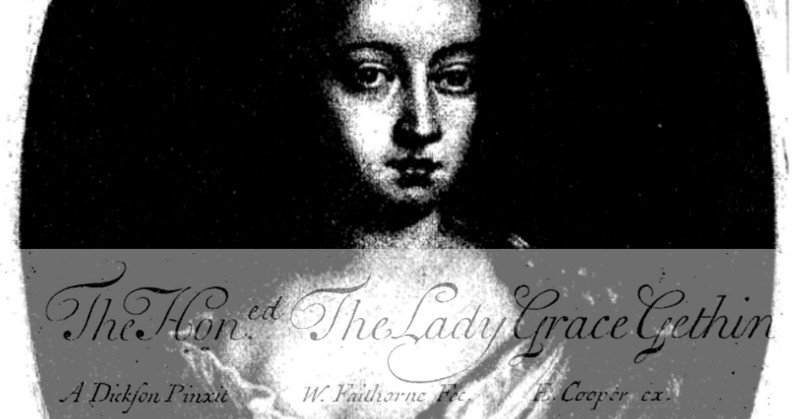

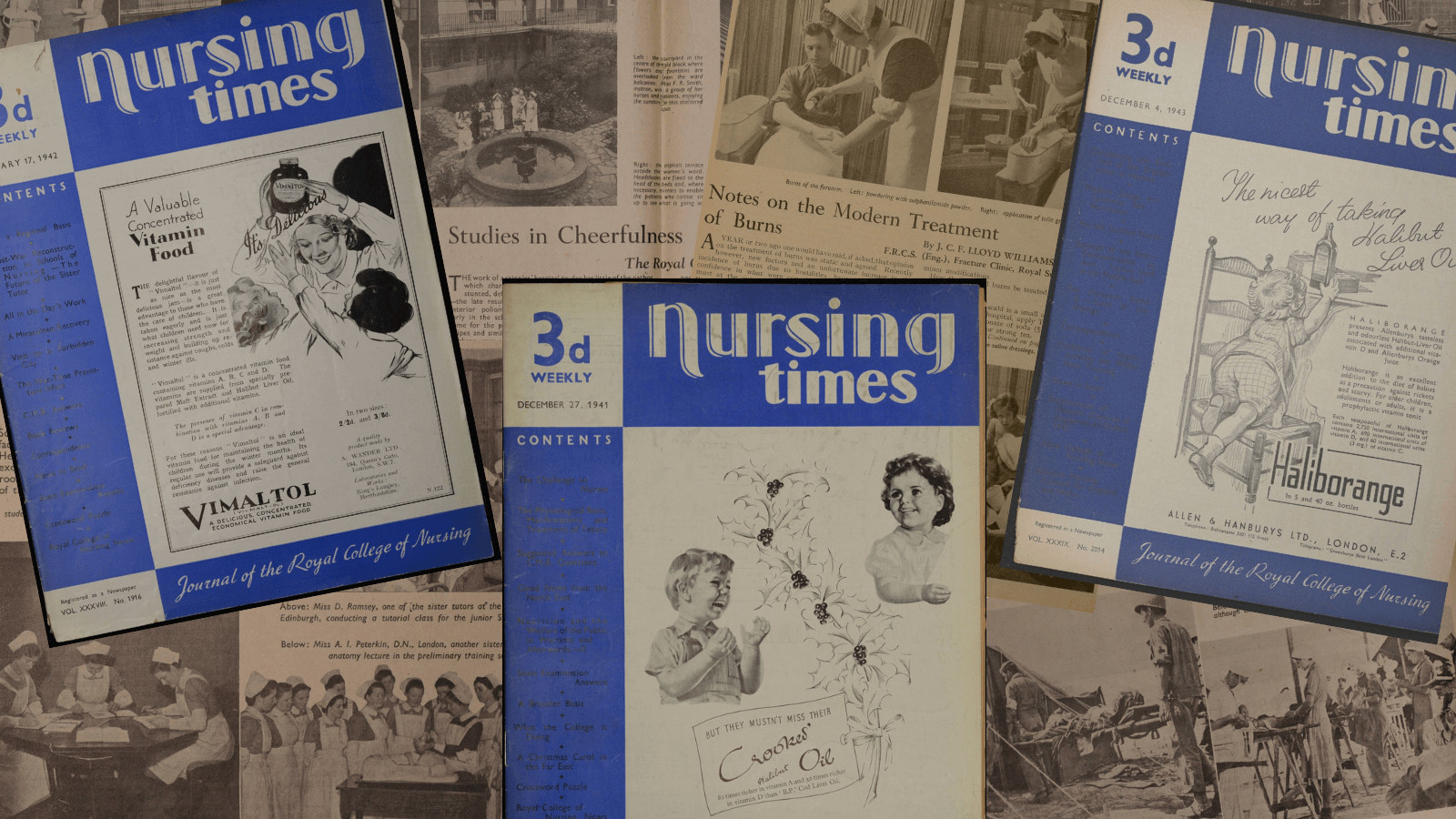
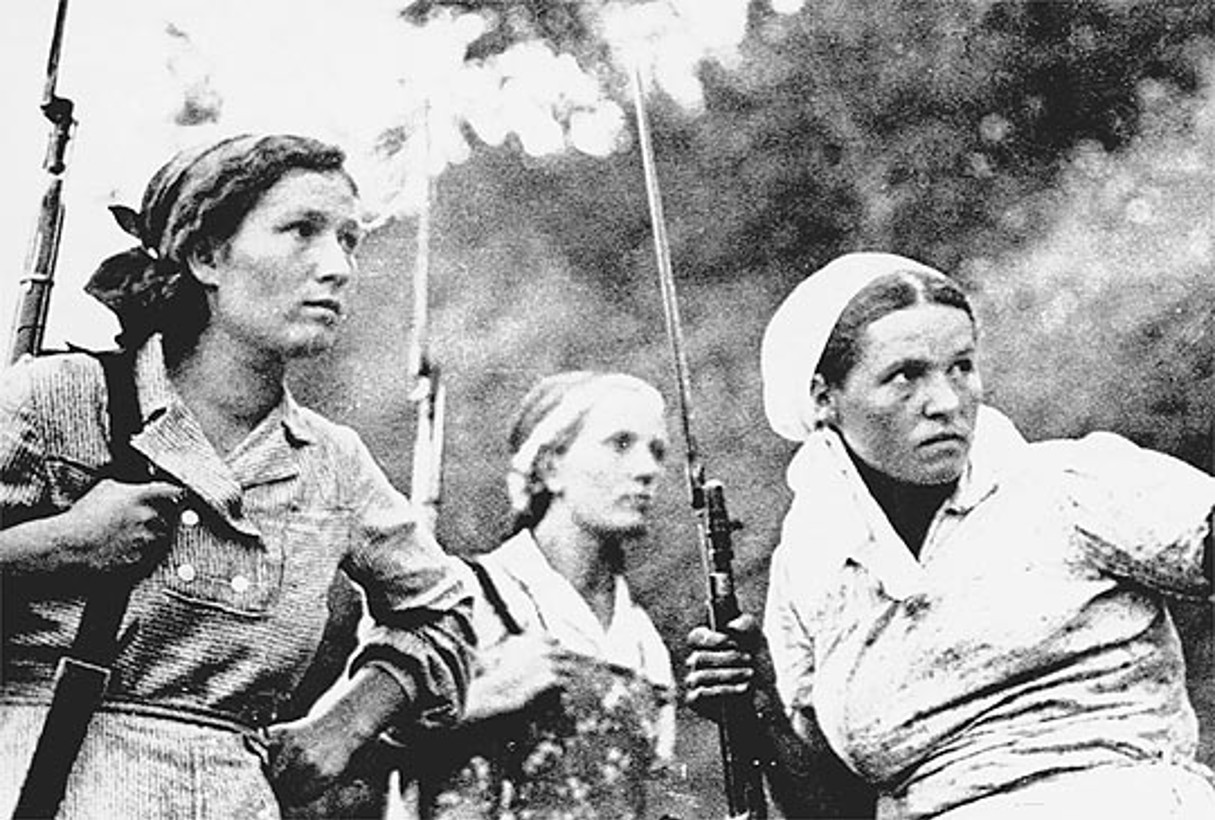
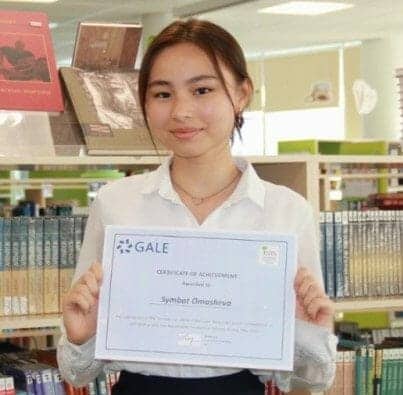 In Spring 2022, Gale ran a competition with Nazarbayev Intellectual Schools, Kazakhstan, which gave students at schools within the group the chance to research and write about a topic of interest – with the two top entries published on The Gale Review! Below is the runner up entry, a superb piece by Year 11 student Symbat Omasheva.
In Spring 2022, Gale ran a competition with Nazarbayev Intellectual Schools, Kazakhstan, which gave students at schools within the group the chance to research and write about a topic of interest – with the two top entries published on The Gale Review! Below is the runner up entry, a superb piece by Year 11 student Symbat Omasheva.
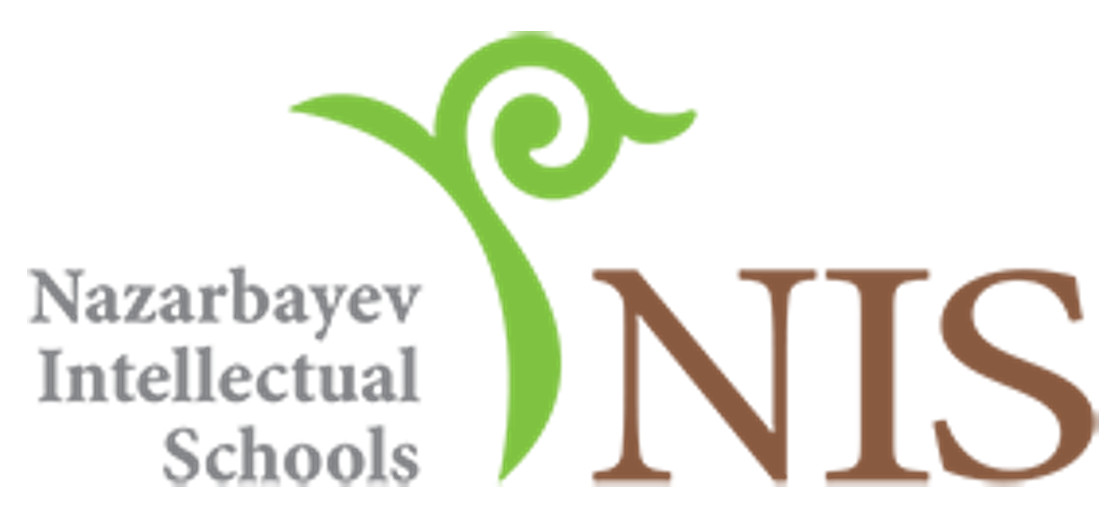 The schools within the Nazarbayev Intellectual Schools group have access to the
The schools within the Nazarbayev Intellectual Schools group have access to the